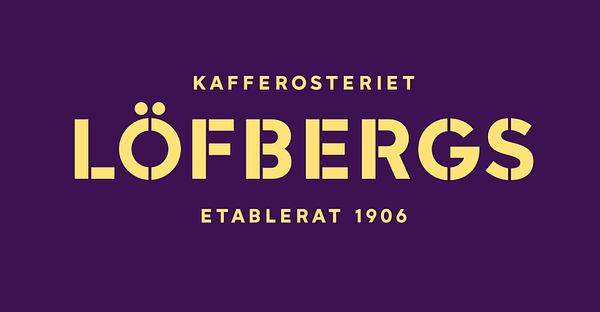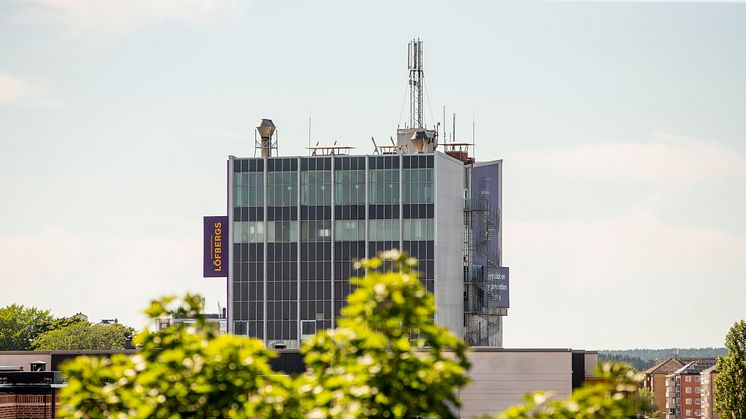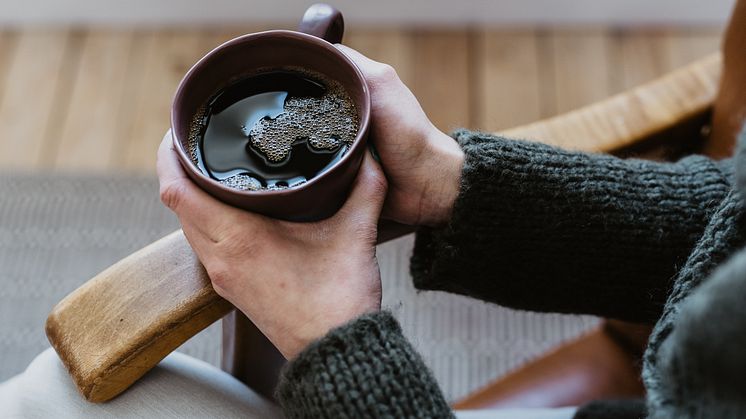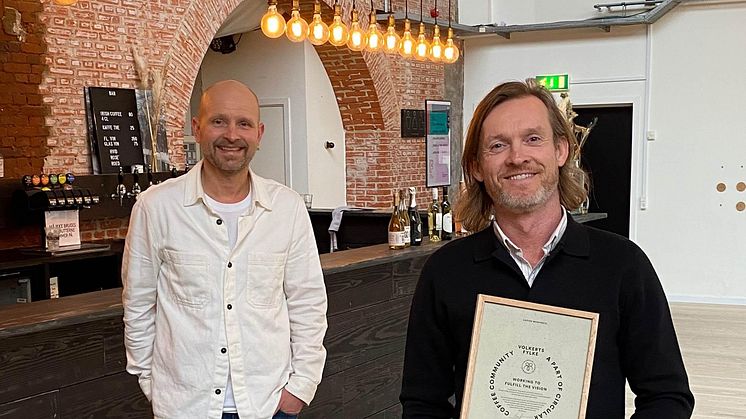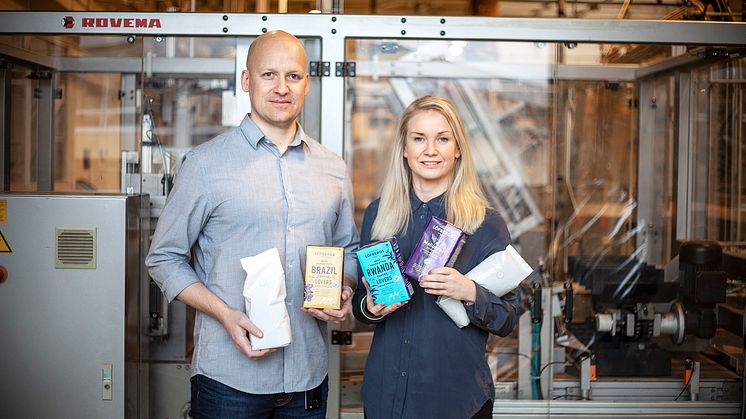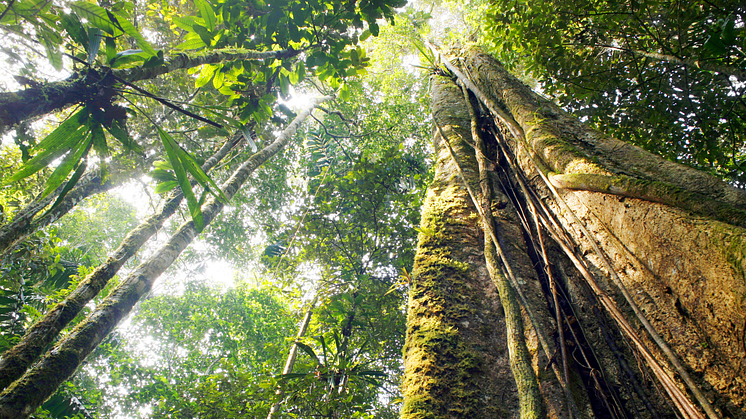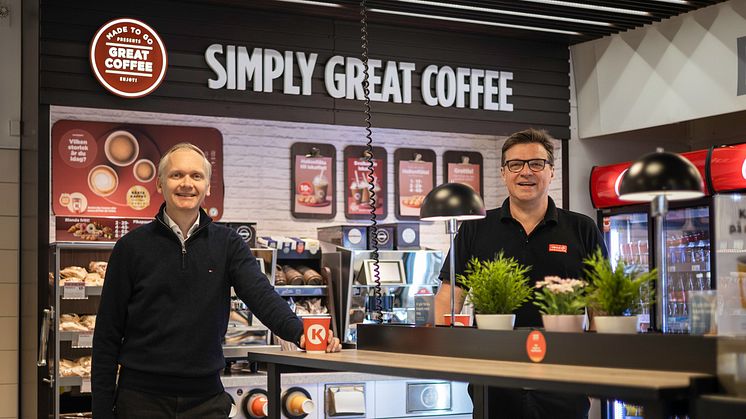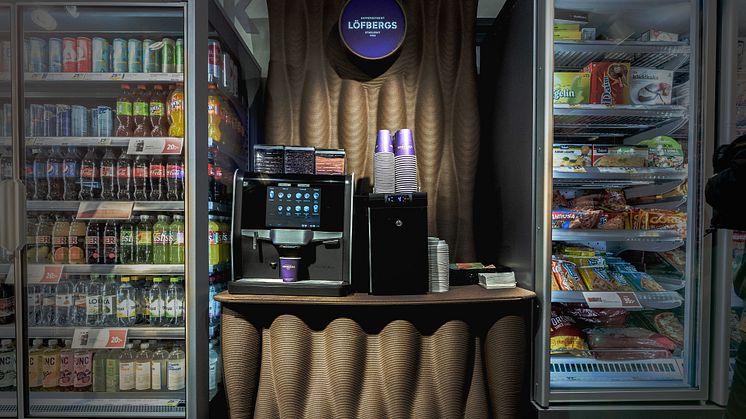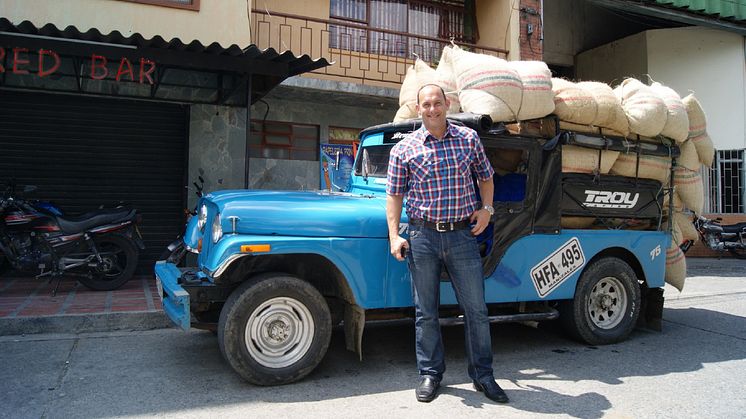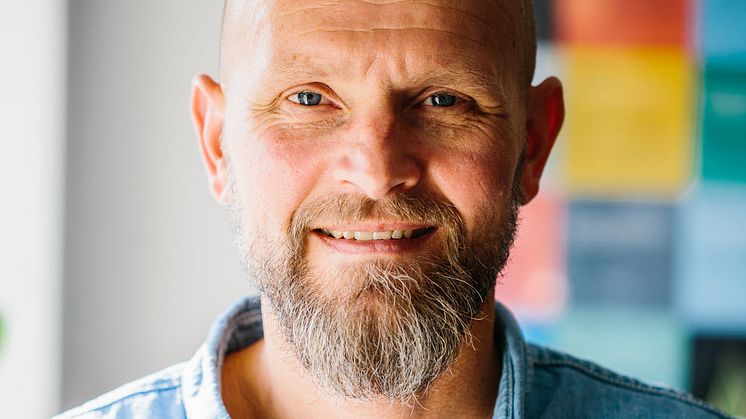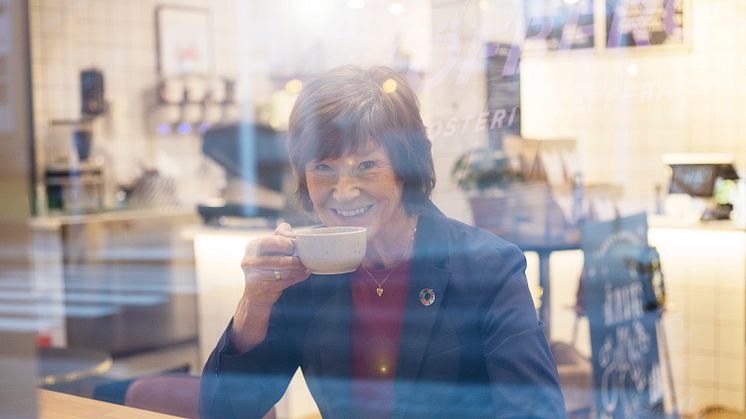
Press release -
Milestone for Löfbergs: Started roasting coffee with fossil-free bioLPG
The roasting process has been one of the great sustainability challenges for the coffee group Löfbergs for a long time. Now, the family-owned coffee roaster has found a solution. The company started roasting with 100% fossil-free bioLPG at its facility in Karlstad, Sweden, last week, which significantly reduces Löfbergs’s climate impact.
“It is a real milestone and something we have worked with for ten years! When we set the goal of fossil-free roasting, we were not really sure how it would work, but now we are finally there. It shows how important it is to set concrete goals for your sustainability work,” says Eva Eriksson, Head of Sustainability at Löfbergs.
The solution is a fossil-free bioLPG from Kosan Gas, one of the leading suppliers of LPG in the Nordic region. The bioLPG is exclusively extracted from bio-based residue or waste.
“The transition is a part of our circular conversion and has been an incredibly smooth process; we have not had to rebuild anything in our facility. And even if the bioLPG costs a bit more than the fossil LPG, it is an investment we are willing to make,” says Eva Eriksson.
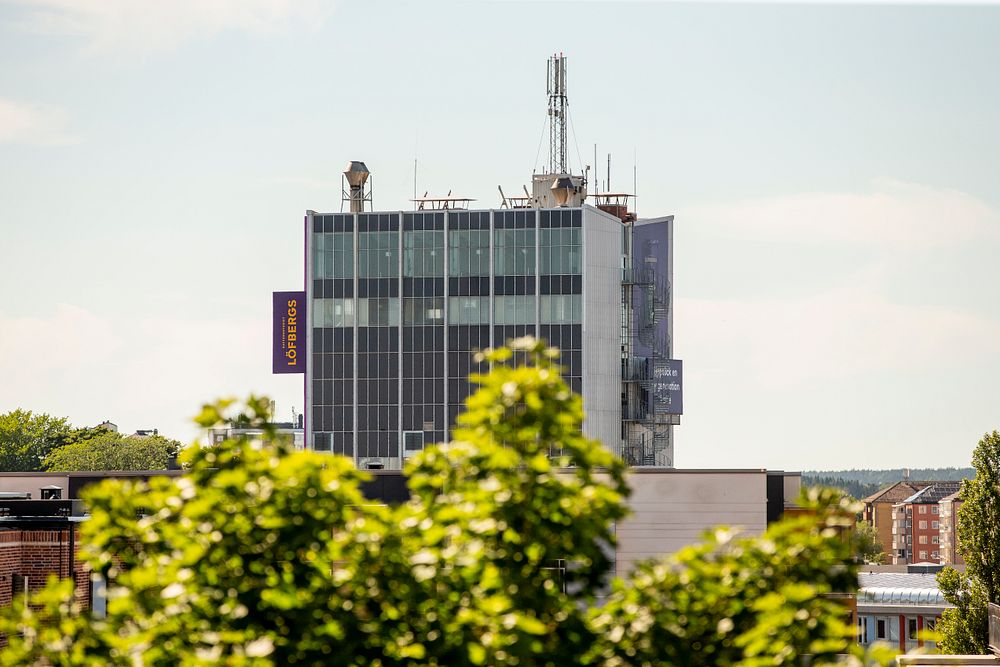
At Löfbergs's roastery in Karlstad, with a capacity of up to 30,000 tonnes per year, all coffee is now roasted with fossil-free bioLPG.
Reduces the CO2 emissions with 85%
As members of the business network Haga Initiative, Löfbergs’s goal is to reduce its climate impact with at least 85% by 2030, compared to the base year of 2005. The largest climate impact of the business has come from the LPG used when roasting coffee, and a prerequisite to reach the climate goal has therefore been to find a fossil-free alternative.
“We have worked closely together with Kosan Gas for quite some time, and we started to mix in bioLPG already in the autumn of 2017. We used 20% bioLPG at first, but now we use 100% fossil-free bioLPG. This means that we will, in all likelihood, reach the goal of reducing our climate impact with 85% already during the financial year of 2021/2022,” says Eva Eriksson.
Circular transformation
Roasting with bioLPG is in line with the circular transformation that Löfbergs works actively with at all levels, from producing country to the occasion of consumption.
“The climate changes and the waste of resources threaten the global coffee industry, and we have to convert to green options and start to fully use all resources in the entire value chain. Fossil-free bioLPG that is made of bio-based residue is one good example. That we only use coffee beans from sustainably certified farms and convert to plant-based packages are two others,” says Eva Eriksson.
As a part of this work, Löfbergs has also started Circular Coffee Community, an initiative where Löfbergs invites consumers, companies and others to find solutions that contribute to a circular coffee business with zero waste.
For more information:
Eva Eriksson, Head of Sustainability, Löfbergs: +46 54-14 01 23, eva.eriksson@lofbergs.se
Topics
Categories
The coffee roaster Löfbergs is a Swedish Family Business founded in 1906. We are 340 coffee lovers operating in Northern Europe and Canada, sharing the passion for taste, trends and sustainability. We have a turnover of SEK 1.6 billion and is one of the world's largest purchasers of organic and Fairtrade-labeled coffee. The Löfbergs group includes the brands Löfbergs, Peter Larsen Kaffe, Percol, Green Cup, Kobbs and SuperBonobo. Website
